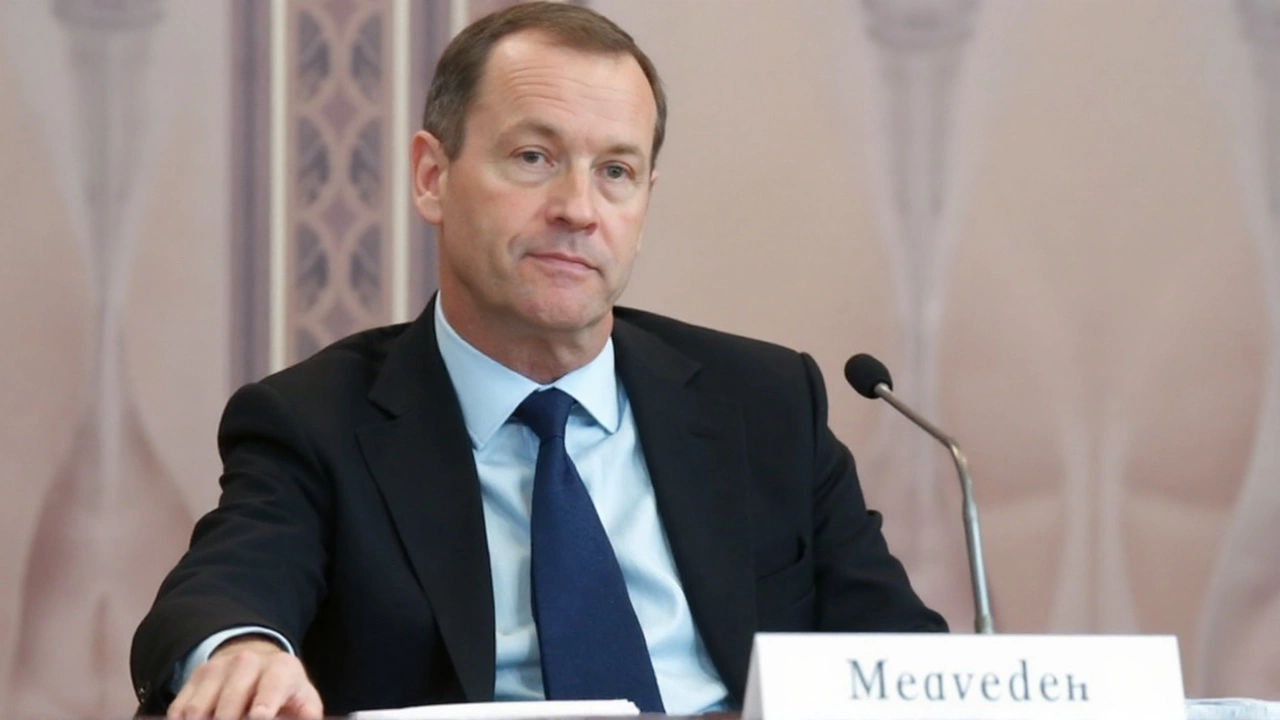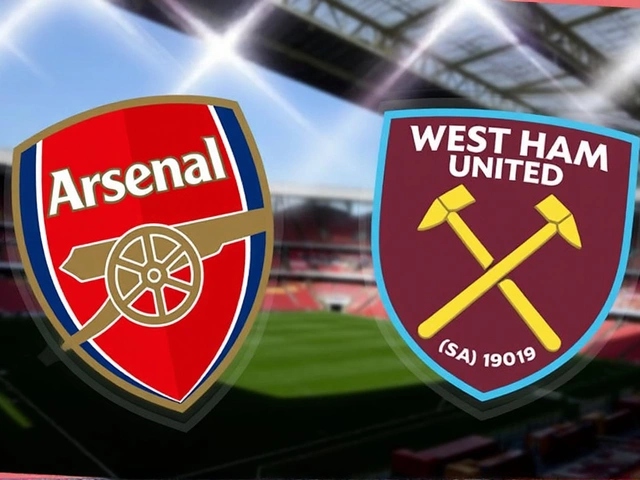Russia Drops Nuclear Missile Ban, Citing NATO 'Threats' as Tensions Soar
Russia Rejects Missile Moratorium: A New Chapter in the East-West Standoff
Moscow has officially ditched its ban on putting nuclear missiles in play across Europe, and they're blaming NATO. If you thought Cold War tension was a thing of the past, this move feels like a serious throwback. The Russian government pointed straight at NATO's policies for forcing this hardline shift. Former President Dmitry Medvedev didn’t mince words—he claimed Western powers are openly creating 'anti-Russian' coalitions and now Russia will respond, hinting there might be bigger moves coming if the standoff keeps escalating.
This sudden break from restraint lands on the heels of important history. Back in 1987, after years of mounting fear, Ronald Reagan and Mikhail Gorbachev hammered out the Intermediate-Range Nuclear Forces (INF) Treaty. It basically got rid of all ground-launched nuclear and conventional missiles with ranges between 500 and 5,500 kilometers. Europe, once studded with missiles aimed in every direction, exhaled in relief.
Fast forward to recent years. The U.S. left the INF Treaty in 2019, saying Russia had already been cheating. Both sides bickered about who started it, but the result was the same: no more legal handbrake on these weapons. Still, Russia kept a self-imposed pause on bringing those missiles back—to look like the rational actor, or maybe to use as leverage in future talks. Now that’s over, and Russian officials say it’s all because the West refuses to stand down.
NATO Reaction and the Ripple Effect
Sergei Lavrov, Russia’s top diplomat, was foreshadowing this. In late 2023, Lavrov was already warning that patience was running thin. He accused the U.S. and its NATO partners of stoking instability in Europe and even the Asia-Pacific by getting ready to deploy new missile systems. When Moscow’s foreign ministry made it official this week—no more moratorium—there weren’t many surprised faces among security experts, but plenty of worried ones. The ministry’s statement was blunt: the conditions that allowed Russia’s restraint have 'disappeared.' In other words, the gloves are off.
Medvedev took to social media with a clear message: from now on, NATO and its allies have to 'reckon with' Russia’s willingness to dust off previously banned missiles and make them battle-ready. For European capitals already worrying about the Ukraine war next door, this is hardly reassuring. The arms control architecture built up after decades of effort is now shakier than ever.
This new face-off isn’t just about treaties or diplomats trading barbs. It's about whether missile systems—capable of reaching their targets in minutes—could soon be stationed across the continent again. Military analysts are already wondering if a new, unpredictable arms race is on the cards. For anyone living in Europe or close to potential launch points, this announcement feels like a safety net being quietly cut away.





